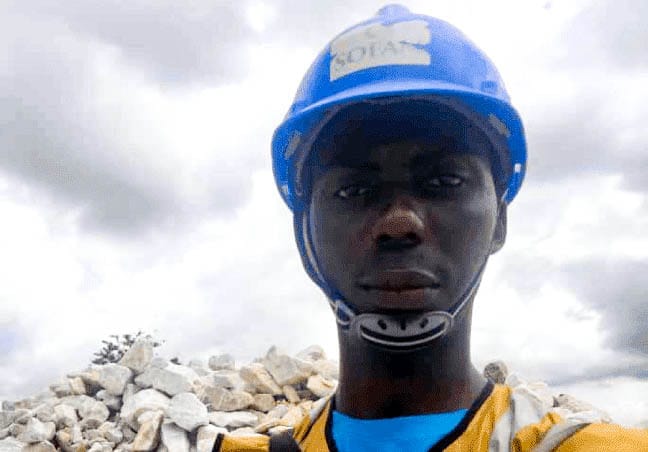- Renewables Rising
- Posts
- Consumer view: Why this Nigerian engineer chose solar
Consumer view: Why this Nigerian engineer chose solar

From the newsletter
For many, solar power means saving money. But for Oluwagbemileke Ayeloja, a Lagos-based engineer, it was all about reliability. We spoke to him about his solar journey, from battling erratic grid power to optimising a system tailored for his household’s needs. He also shares his expert insights on solar power, including the latest innovations.
"The major appeal is just the confidence that you have energy readily available to you anytime you need it," he shared. This sentiment is a common driver for many Nigerian households seeking to escape the frustrations of an unreliable national grid and the high costs and inconveniences of generators.
Unlike generators, which left him frustrated with nightly failures, his solar system requires minimal maintenance and delivers predictable performance, even during Lagos’ infamous grid outages.
More details
Oluwagbemileke has been a practising engineer since 2009. His decision to install a solar system in February this year was primarily motivated by the desire for stable and reliable electricity. "The incessant supply of electricity and low voltage supply can affect some equipment," he explained, highlighting a common challenge faced by many in Nigeria.
His current solar setup is designed for minimal load, primarily powering essential household items. It includes: Two monocrystalline panels, 130 watts each (260 watts total), A pulse wave modulator (PWM) charge controller, a transformer-less pocket inverter, chosen for its affordability and portability, suitable for his current low-load requirements, two 40 Ah dry cell batteries connected in parallel for increased current output and a changeover switch to transition between grid power and the inverter seamlessly.
Oluwagbemileke still maintains a connection to the grid for several practical reasons. "Everything has a lifespan," he noted, referring to the solar components. Grid connection provides a backup in case of system faults or during prolonged periods of low sunlight, ensuring continuous power to charge the battery. Additionally, sharing an electricity meter with a neighbour makes it more cost-effective to remain connected.
Monitoring his system is straightforward, as the charge controller and inverter have built-in indicators that display charge levels, energy consumption, and power draw. His engineering background also allows him to calculate energy usage based on appliance ratings, enabling him to manage his consumption effectively.
When asked about the challenges during installation, Oluwagbemileke pointed to logistics, procurement, and the physical demands of installing the panels and wiring within the ceiling. However, he expressed satisfaction with the system's current performance, reporting no significant operational or maintenance issues. He emphasised that proper installation with the correct materials is key to avoiding problems.
Looking to the future, Oluwagbemileke is keen on upgrading and expanding his solar system. This would involve adding more panels, increasing battery storage, and consequently, upgrading his charge controller and inverter. This expansion would be driven by potential increases in household load, such as moving to a larger home or even supplying power to neighbours.
From an engineering perspective, he is particularly excited about advancements in photovoltaic cell technology that allow for greater electricity generation from smaller panel surface areas. This innovation would not only reduce costs but also appeal to consumers concerned about the aesthetics of larger solar installations. He also highlighted the potential of solar mirror plants, though this technology is not yet prevalent in Nigeria.